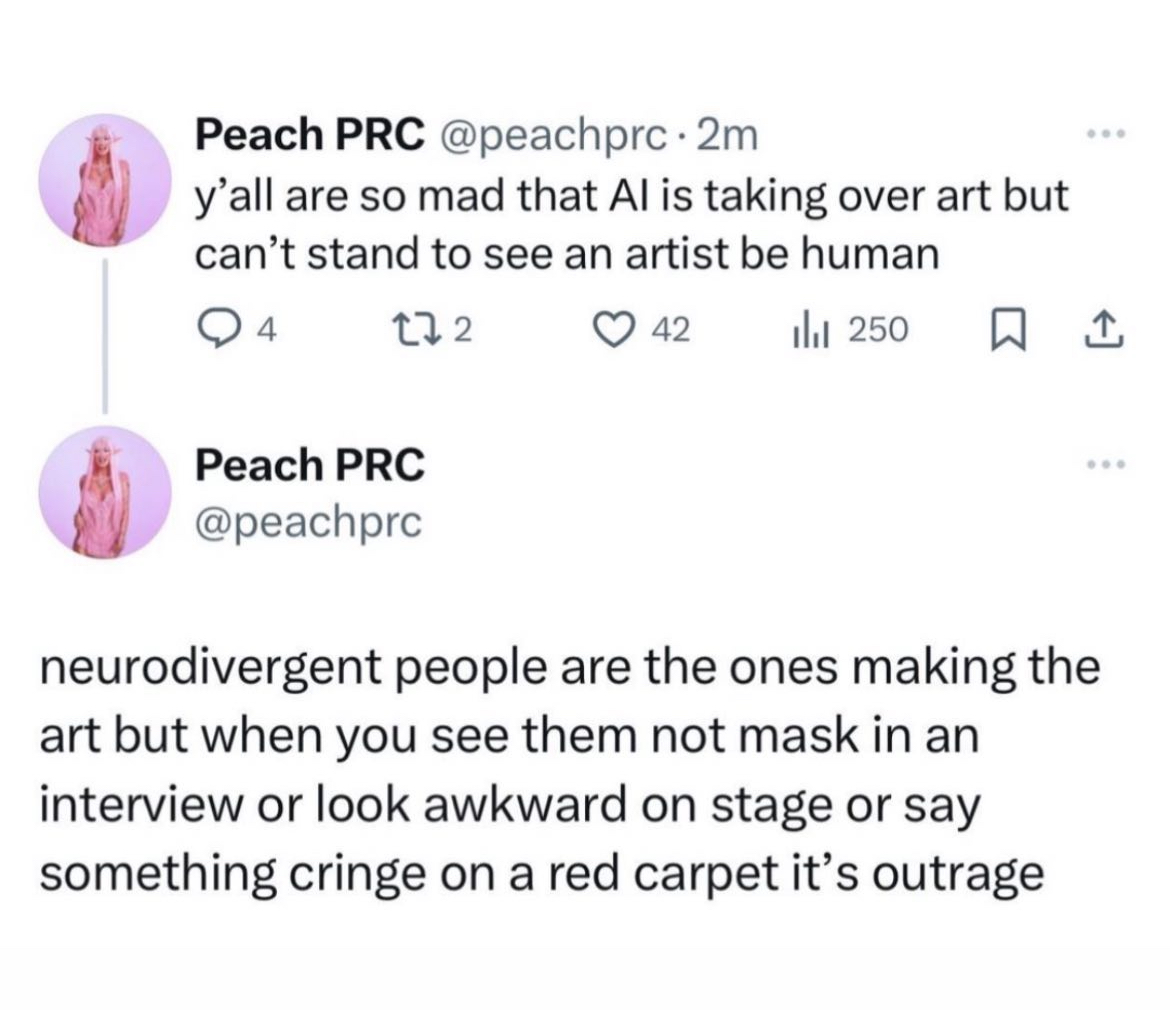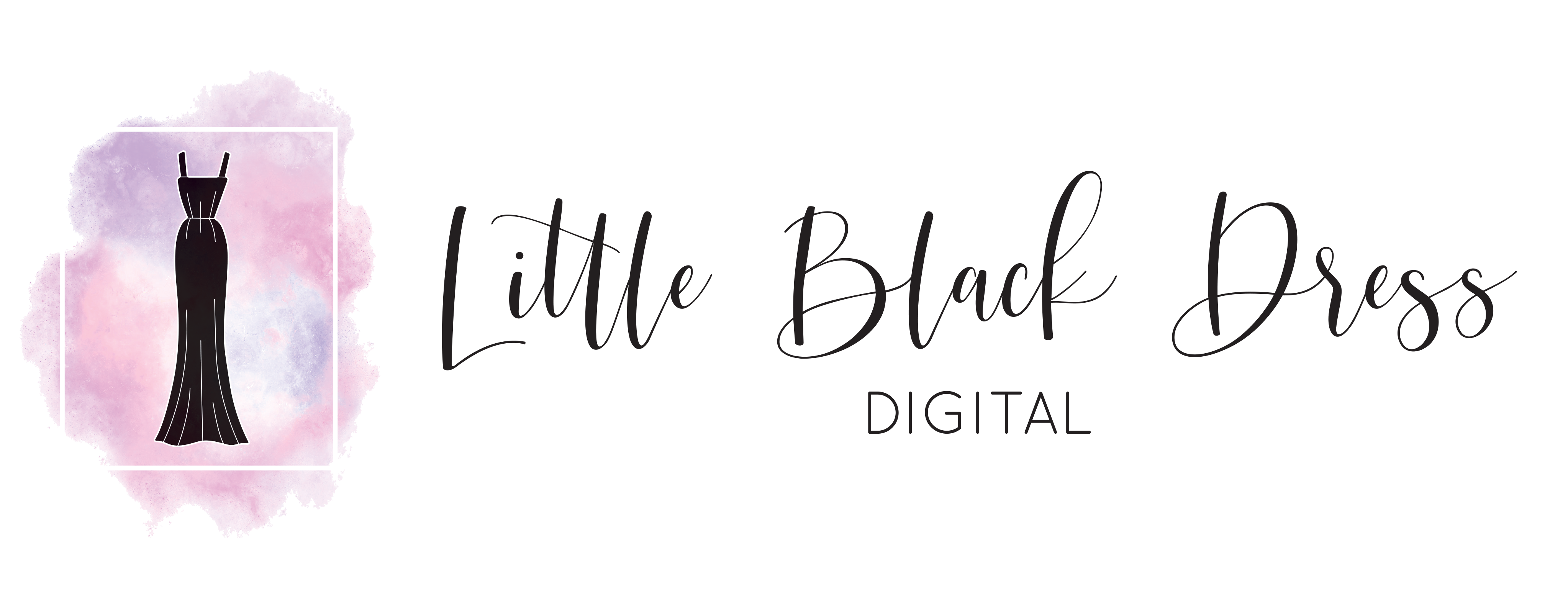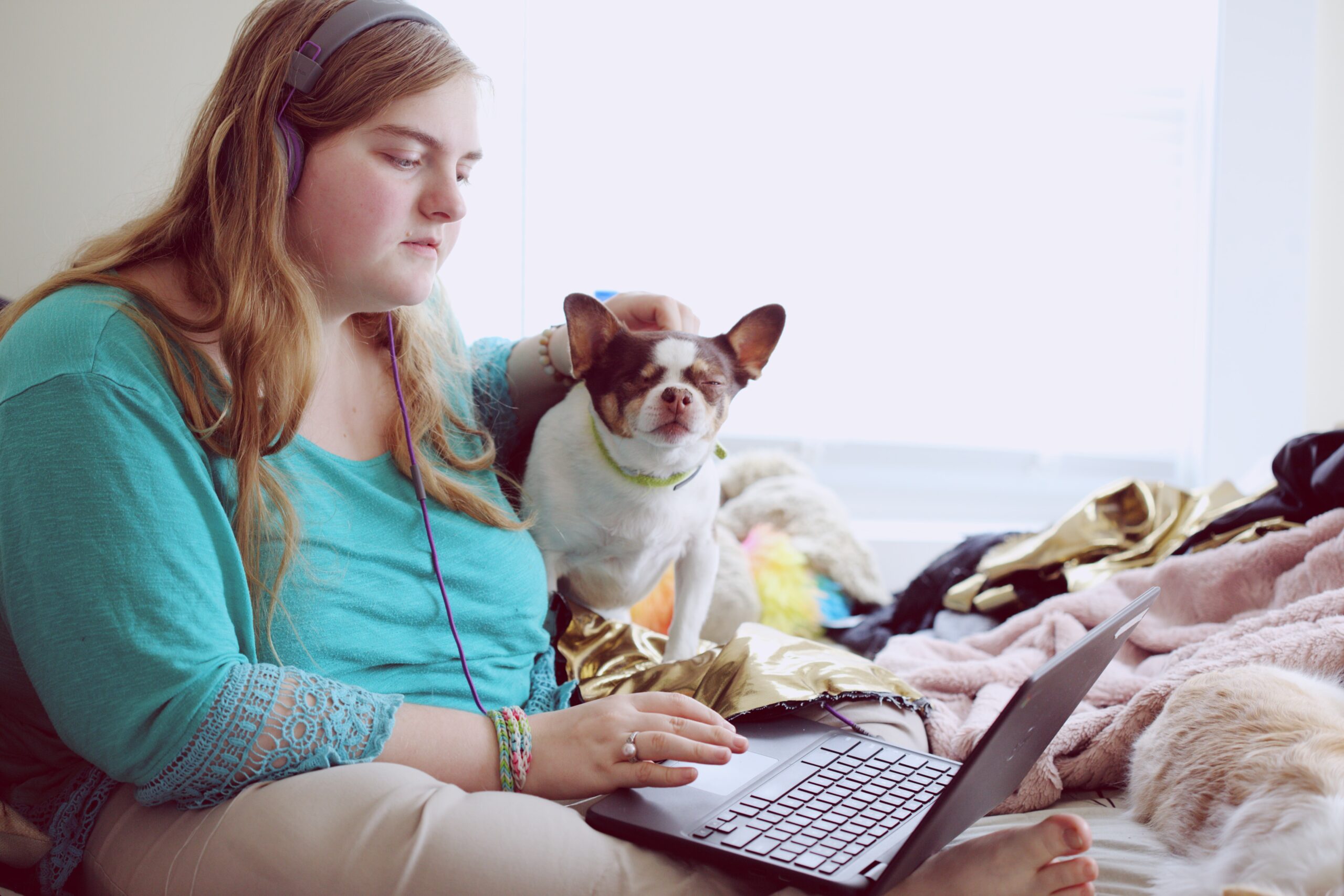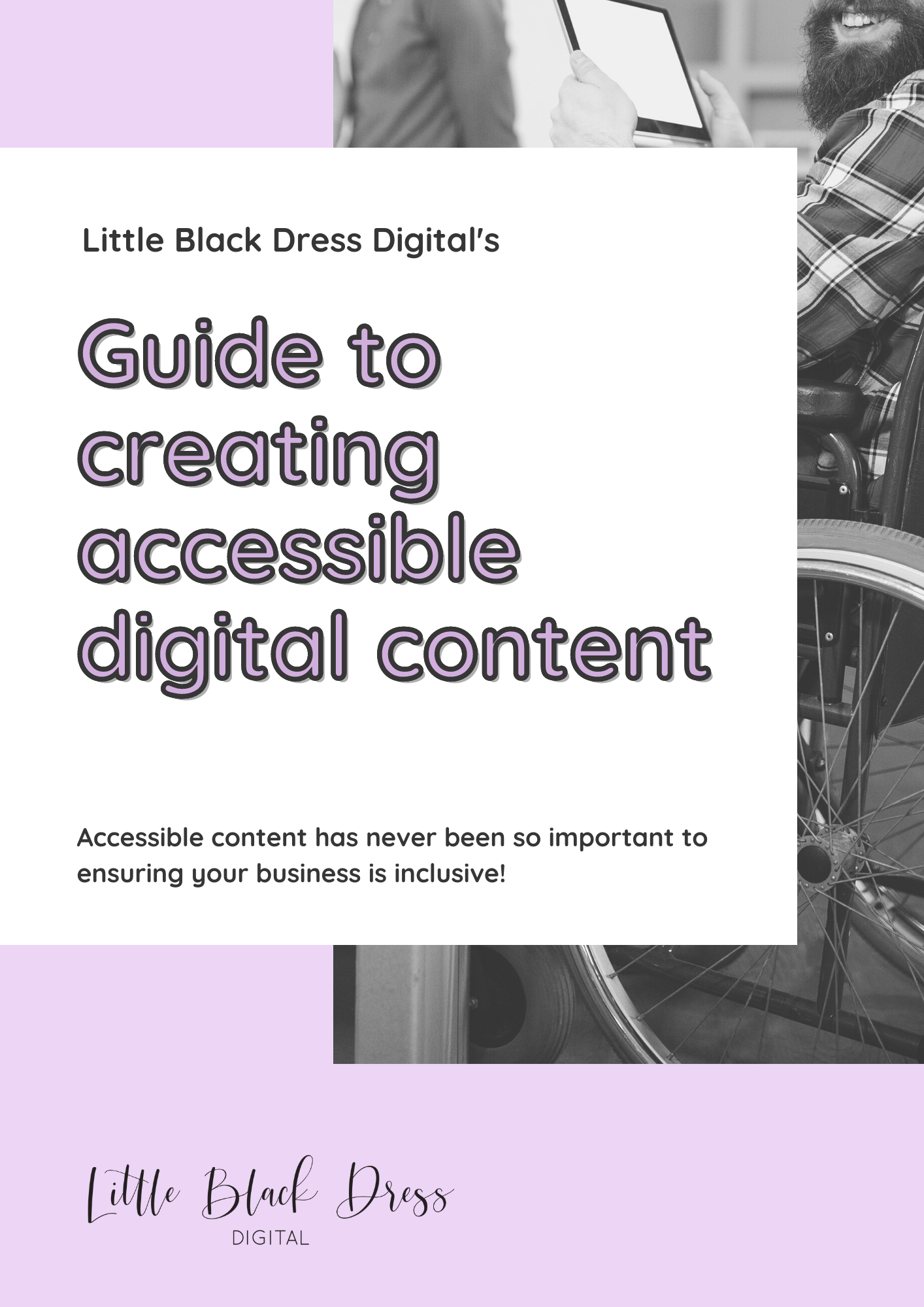The recent ARIA Awards has reminded us of the importance of creating accessibility for people with disabilities and neurodivergent conditions in the creative industry. Peach PRC, Australian pop artist is open about having Attention-Deficit / Hyperactivity Disorder (ADHD) and struggles with mental illnesses. She has a large TikTok community (2.2M followers) built off her advocacy for others like herself. Her online presence has been a huge contributor to her success in the music industry, with three ARIA nominations and being invited to perform “Perfect For You” and “Love You Before” off her debut EP at this year’s event.
Despite her online fans and community built off the value for normalising and celebrating the experience of disabled and neurodivergent people, Peach’s instances of showing anxiety, depression and unmasking her ADHD traits at the ARIAs was met with uproar.
What does Neurodivergent mean?
The term “neurodivergent” describes individuals differing in mental or neurological functions from what is considered “typical” or “normal”.
What Conditions are Neurodivergent?
The following are some conditions that fall under the neurodivergent category:
· Attention-Deficit / Hyperactivity Disorder (ADHD),
· Autism Spectrum Disorder (ASD),
· Dyslexia,
· Dyspraxia,
· Dyscalculia,
· Tourette’s Syndrome,
· Down syndrome,
· Epilepsy,
· and chronic mental health illnesses such as bipolar disorder, obsessive-compulsive disorder (OCD), borderline personality disorder, anxiety and depression and more are considered neurodivergent.
Neurodivergent people’s brains are wired differently to a neurotypical person. Most neurodivergent people have these conditions since birth, and despite some beliefs, they are not curable. They have different strengths and challenges from neurotypical people, and overlapping traits are common among these conditions.
Social Media Responses to Peach PRC at the ARIAs
Many negative comments towards Peach’s neurodivergent traits displayed at the ARIAs have been spread across TikTok and X. A viral clip of her dissociating during the presenter announcing Kylie Minogue’s win for her pop single “Padam Padam” is the main culprit of these responses.
Many were making negative accusations on why she reacted that way. They were suggesting her behaviour was due to her being upset she didn’t win, paired with complaints that she was being impolite. The clip became a meme and made fun of with the artist receiving many hate comments. Peach responded by saying she was actually upset because she was disappointed in her earlier performance at the event and her reaction had nothing to do with her loss. In a TikTok video she said, “I don’t even remember that category being called out. I was so in my feelings… that I was zoned out. I was dissociating and upset.” She then explained how she has trouble processing her emotions and senses, expressing “if something upsets me, I’m upset for the next day.”
Events like the ARIAs are busy, overwhelming and high stress environments, placing a lot of social pressure on celebrities to perform “correctly” to the public eye. The outburst to Peach’s behaviour led to broader discussions on how these expectations are impossible for many neurodivergent and disabled celebrities to meet. Her recent X post stating, “neurodivergent people are the ones making the art but when you see them not mask in an interview or look awkward on stage or say something cringe on a red carpet it’s [an] outrage.”

Peach states that her behaviour in the viral clip was simply her showing human emotions. On TikTok she expressed, “people cannot stand to see artists be human.” She goes on to say how she feels the creative community is largely made up of neurodivergent people. However, they are still expected to mask their traits and appear neurotypical in public spaces. “We’re expected to be in these really high stress, overstimulating environments and handle it like a pro every time. If you slip up once, you will be reminded of it forever.”
Professional environments prompt a specific way people are expected to act, move their body and speak. Regular social expectations are heightened in these settings, which causes anxiety for many neurodivergent people. It is especially difficult for those on the autism spectrum or who have ADHD and often have a difficult time understanding or performing social cues and roles. There are many occurrences where they’re misinterpreted as rude and seen as distasteful. She believes that “it’s so insane that’s the standard we hold for artists, but artists are often neurodivergent.”
Other Examples of Disability and Neurodivergent Having Issues in the Digital Space
Peach is not the only creative to have experienced hate in the digital world for being neurodivergent. Chloé Hayden, Australian actress, singer, author and autism and disability activist, has received numerous hateful comments and messages on social media. She recently had to hand her accounts over to her team to maintain and monitor due to the amount of abuse and death threats she was receiving because she’s autistic. American visual artist, Nichole Parish’s TikTok account has been banned multiple times simply because she’s used the word “autistic” which is a prohibited word on the platform.
How to Create Inclusivity in the Digital World
While social media can sometimes be an environment filled with hate and unhappy content, many digital platforms help create welcoming and inclusive spaces for minority groups, including those who are neurodivergent and/or have disabilities. However, there is still a lot that needs to be done to make them as accessible as they need to be. TikTok has allowed for many to discuss the importance of accessibility and inclusivity with freedom to talk about elements that aren’t widely explored. This has led to many users becoming educated on neurodiversity, and normalising neurodivergent traits and experiences in recent years. The internet allows more disabled individuals to speak for themselves, instead of being spoken over.
However, the 2023 ARIA Awards are just one example of these ideas not being upheld away from our phones. While social media creates these safe spaces, the algorithm, who we choose to follow and posts we interact with creates a bubble that often doesn’t reflect the real world.
But why can’t this positivity being spread online not apply in real life as well?
The most important step for creating inclusivity in the digital world is listening to those who need it. Every disabled and neurodivergent person has individual needs, so there’s no step-by-step method to creating these spaces. However, making an effort to fill your feed with the voices of disabled and neurodivergent people, as well as those in other minority groups is a great place to start. Remember to promote inclusivity outside of the digital world as well.
Here are Some Digital Influencers/Creatives who Have a Disability and/or are Neurodivergent you can Follow:
@PeachPRC (TikTok & Instagram)
Peach PRC is a musician and blogger who shares humorous content, behind the scenes of working in the music industry and is an advocate for ADHD, mental health and the LGBTQIA+ community.
@ChloeSHayden (TikTok & Instagram)
Chloé Hayden is an actress, singer, author, autism and disability activist and plays Quinni in Netflix’s Heartbreak High. She has recently started the Podcast, Boldly Me – about teaching people to live authentically and share other’s experiences.
@SoundOfTheForest (TikTok) @NicoleParishArt (Instagram)
Nichole Parish is a visual artist who creates hyper realistic paintings of her special interest – insects. Many of which can be seen on her Instagram and website. She also shares information about autism and insects, and her experiences as an autistic person.
@Wheelchair_Rapunzel (TikTok & Instagram)
Alex Dacy (AKA @Wheelchair_Rapunzel) is a lifestyle blogger who posts about body confidence, disabled lifestyle and family life.
@TylerLimaRoope (TikTok & Instagram)
Tyler shares information about disabilities and how they’re represented/handled in film and media, as well as humorous stories about his life and living with a disability.
@Natashac44 (TikTok) @NatashCaudill (Instagram)
Natasha posts accessible content sharing how she navigates the world having a condition called Achromatopsia, meaning she is completely colourblind and visually impaired. She posts many of her videos in a coloured and black and white version to spread further awareness for Achromatopsia.
@NotNotLewy (TikTok) @NotLewy (Instagram)
Lewy is a rapper and comedic personality sharing light hearted memes and music content. His music and content has a humorous tone and sometimes relates to his experiences as somebody with a disability.
More Resources on Accessibility and Disability Inclusivity
Creating accessible content is a complex and layered topic. If you are interested in learning more about accessible digital marketing, you can read our blog article The Importance of Website Accessibility or find our free guide on producing accessible content.


